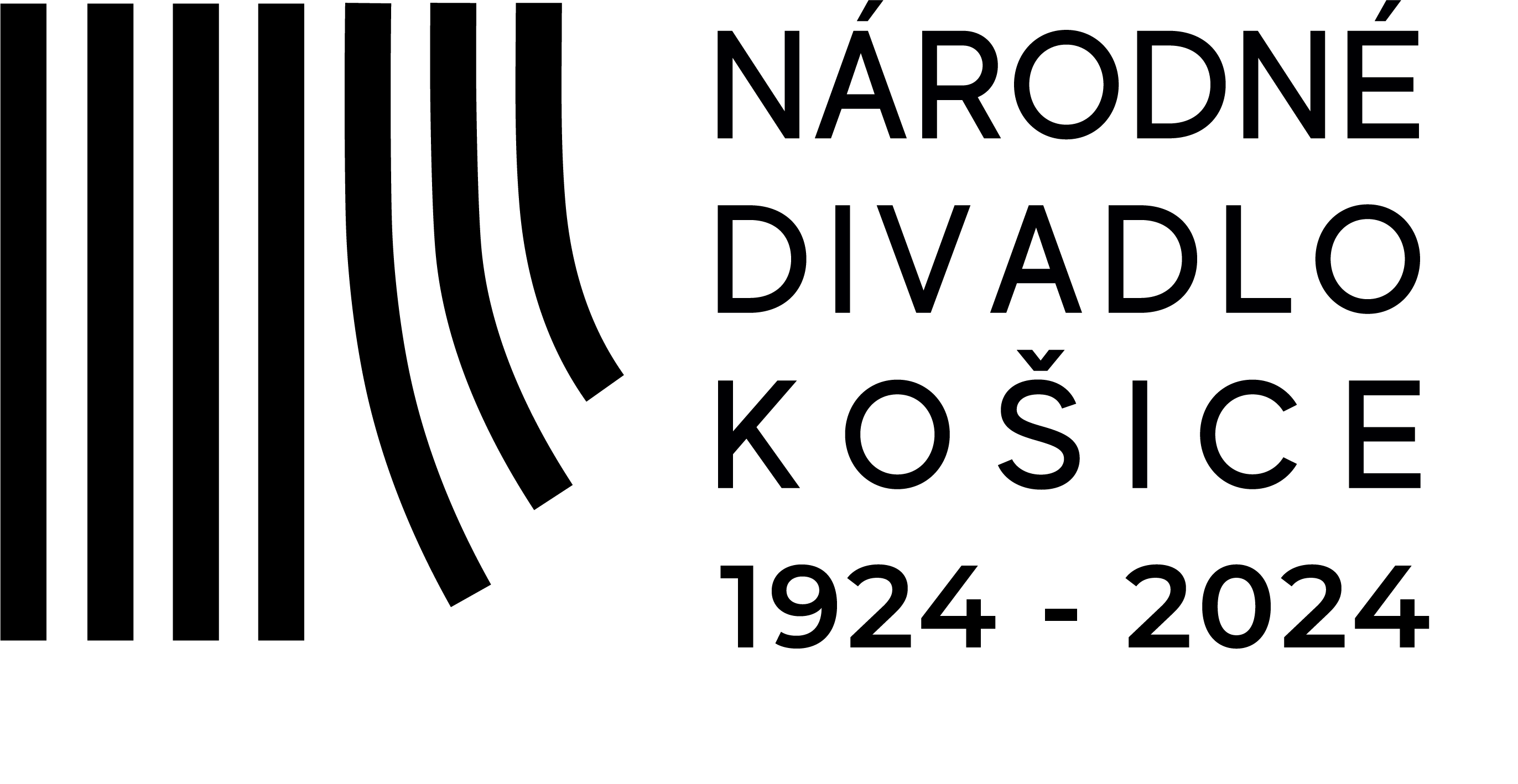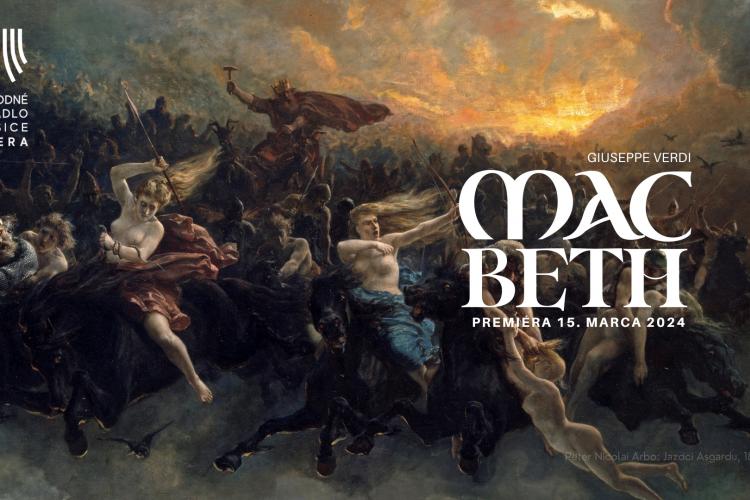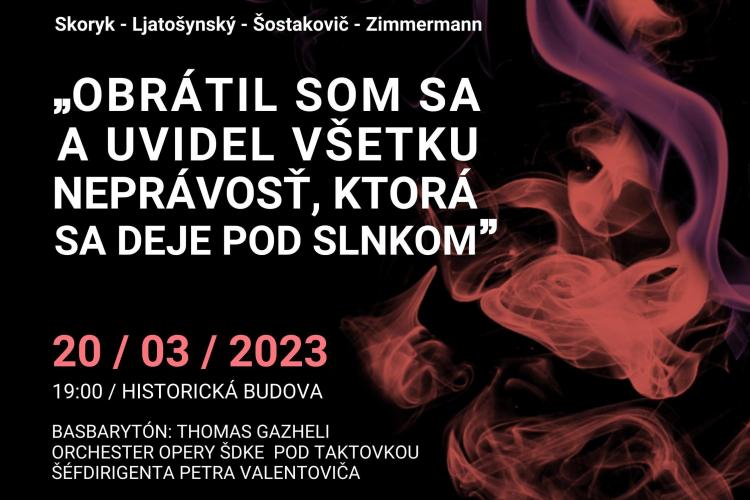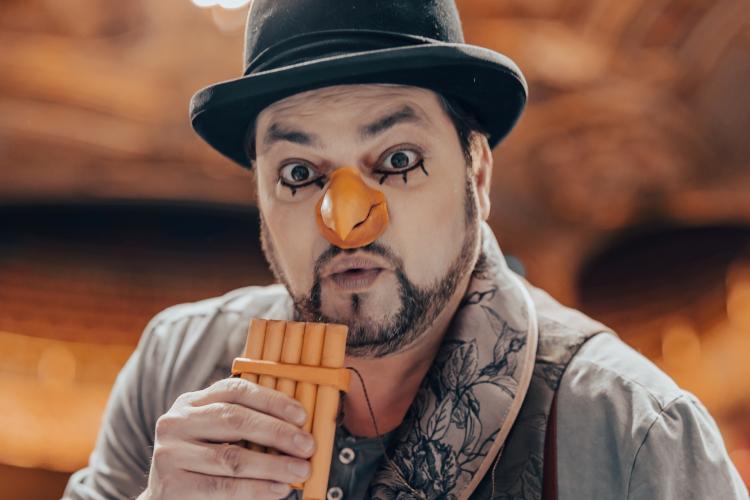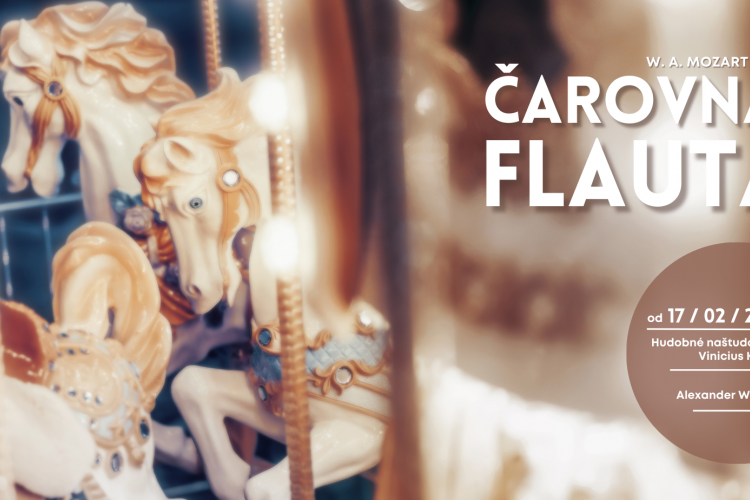„ I turned and saw all the injustice there was under the sun.“
Opera of the State Theatre Košice is preparing a special symphonic concert with subtitle „I turned and saw all the injustice there was under the sun!“. It will be performed on Monday 20th March at 19:00 in the historical building on the 105th birth anniversary of the very important composer Bernd Alois Zimmermann and will be dedicated to the victims of war and totalitarian regimes.
“It is very important to say that the State Theatre Košice has been supporting Ukrainians and Ukraine not only materially, but also humanely since the beginning of the war. Each of us has our own consistent opinion and we stand with Ukraine.”, the Opera Director Roland Khern Tóth emphasizes. Four pieces will be heard at the concert and according to the Opera Director, it is dedicated to all people with an open mind. " Program is composed of such pieces that should open people´s eyes so they realize how fragile democracy is and it cannot be taken away. These four songs have their own deep meaning. Russian aggression is directed not only towards the world, it exists within Russia itself. The concert will also be special because well-known German bass-baritone Thomas Gazheli has accepted the invitation.”, Khern Tóth adds.
The dramaturgy of concert is compiled in such a way that it shall not be only a memory, but a challenge.” When we were thinking about the dramaturgy of this concert, we wanted it to be something that would shake the audience and make them think about the roots of evil that is happening today, evil we did not expect to happen in Europe again, almost eighty years after the war. Even just beyond our borders, only 80 km straight line distance from Košice.”, says dramaturg of the Opera Stanislav Trnovský, adding to the individual pieces of the concert: “ At the beginning, composition by the Ukrainian composer Myroslav Skoryk with a simple title Melody will be played. It is music that became iconic during the year-long aggression and will be played as a kind of Requiem for victims of the war, or all wars. Then follows the second movement of Symphony No. 3 by Ukrainian composer Borys Lyatoshynsky, written after the World War II. It was first performed in 1951 and its subtitle is “Peace will conquer war”. At the time of its creation, the Symphony was rejected in Soviet Union and the Union of Composers of Ukraine even condemned it as “anti-people” and called it “formalistic rubbish”. It may seem strange to us today, but in those days it was one of the worst accusations for an artist, and could be followed by gulag or even execution. The third composition will be the last movement of the last symphony of Dmitri Shostakovich. It has a special symbolism. Because what happened to Lyatoshynsky, happened to Shostakovich several times in 1930s under Stalinism – he was rejected several times, his compositions were banned. Shostakovich live many years in fear that they will come for him at night, he slept with packed things which was only interrupted by WWII. It brought a certain relaxation for artists but then the situation repeated itself and Shostakovich was once again labelled a formalist and had to remain silent. After the WWII, he could not write another symphony until after Stalin´s death in 1953. We talk about it, because Shostakovich was Russian, Lyatoshynsky was Ukrainian, but they lived in the same era and in the same totalitarian state. As we look at what is happening in Russia today and what its roots are, I think that no one could better describe the spirit of that time than Shostakovich, which is still spreading today. A piece by German composer Bernd Alois Zimmermann from 1970, written for two narrators and bass-baritone, will be played at the end. It is an indictment of evil and appeal to humanity. He uses two texts – a fragment from the fourth chapter of the Book of Ecclesiastes from Old Testament and extracts from the Grand Inquisitor chapter from Dostoevsky´s novel The Brothers Karamazov. Zimmermann only set to music the statements of Grand Inquisitor, who for him is the embodiment of devil and picture that Dostoevsky painted in this chapter is incredibly prophetic view of what happened in 20th century and what is happening even now. We knew the word war only from books, but we could not fully understand its content until the moment when the war in Ukraine began on 24th February 2022.”
